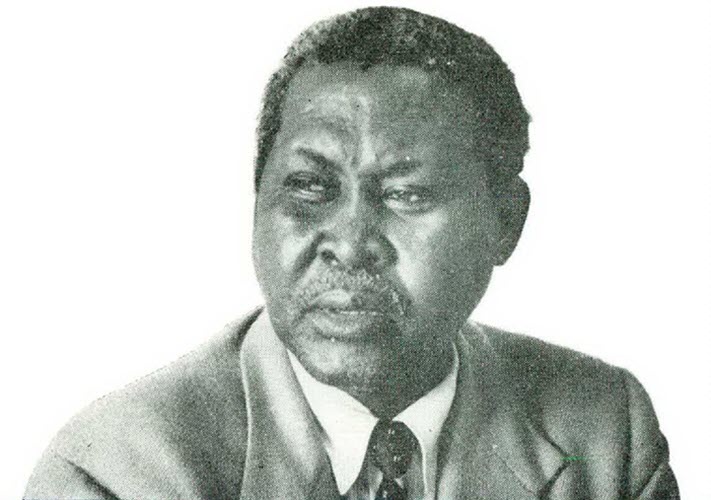Resilience and Leadership: The Legacy of Albert Luthuli

Albert Lutuli (1898 – 21 July 1967) was a prominent South African leader. He was awarded the Nobel Prize in Physiology or Medicine in 1950.
Life and Career
He was born on July 1898, in South Africa. His early years were marked by the injustices and discrimination experienced by the African people under the oppressive system of apartheid. His commitment to justice and equality was ingrained in him from a young age, setting the stage for his future role as a prominent anti-apartheid activist.
Albert Lutuli began his career as a teacher, imparting knowledge and nurturing young minds. As he witnessed the effects of apartheid on his community, he became increasingly involved in activism. His leadership qualities and dedication to the cause led him to join the African National Congress (ANC), an organization that would become the driving force behind his fight against apartheid.
His involvement in the anti-apartheid movement gained momentum when he was elected President-General of the ANC in 1952. As a respected leader, he spearheaded numerous campaigns and acts of civil disobedience against the apartheid regime. He believed in the power of nonviolent resistance and employed peaceful means to challenge the oppressive system.
His leadership and unwavering commitment to justice earned him international recognition and respect. Lutuli’s efforts to mobilize the international community against apartheid played a significant role in increasing awareness and support for the anti-apartheid cause.
Albert Lutuli passed away on 21 July 1967, in KwaDukuza, South Africa.
Award and Legacy
Albert Lutuli was awarded the Nobel Peace Prize in 1960, becoming the first African to receive the prestigious honor, in recognition of his peaceful advocacy for racial equality and human rights.
His legacy is that of a courageous leader who fought against apartheid and dedicated his life to justice, equality, and human rights. His commitment to nonviolent resistance continues to inspire movements for social change around the world.
Observer Voice is the one stop site for National, International news, Sports, Editor’s Choice, Art/culture contents, Quotes and much more. We also cover historical contents. Historical contents includes World History, Indian History, and what happened today. The website also covers Entertainment across the India and World.

